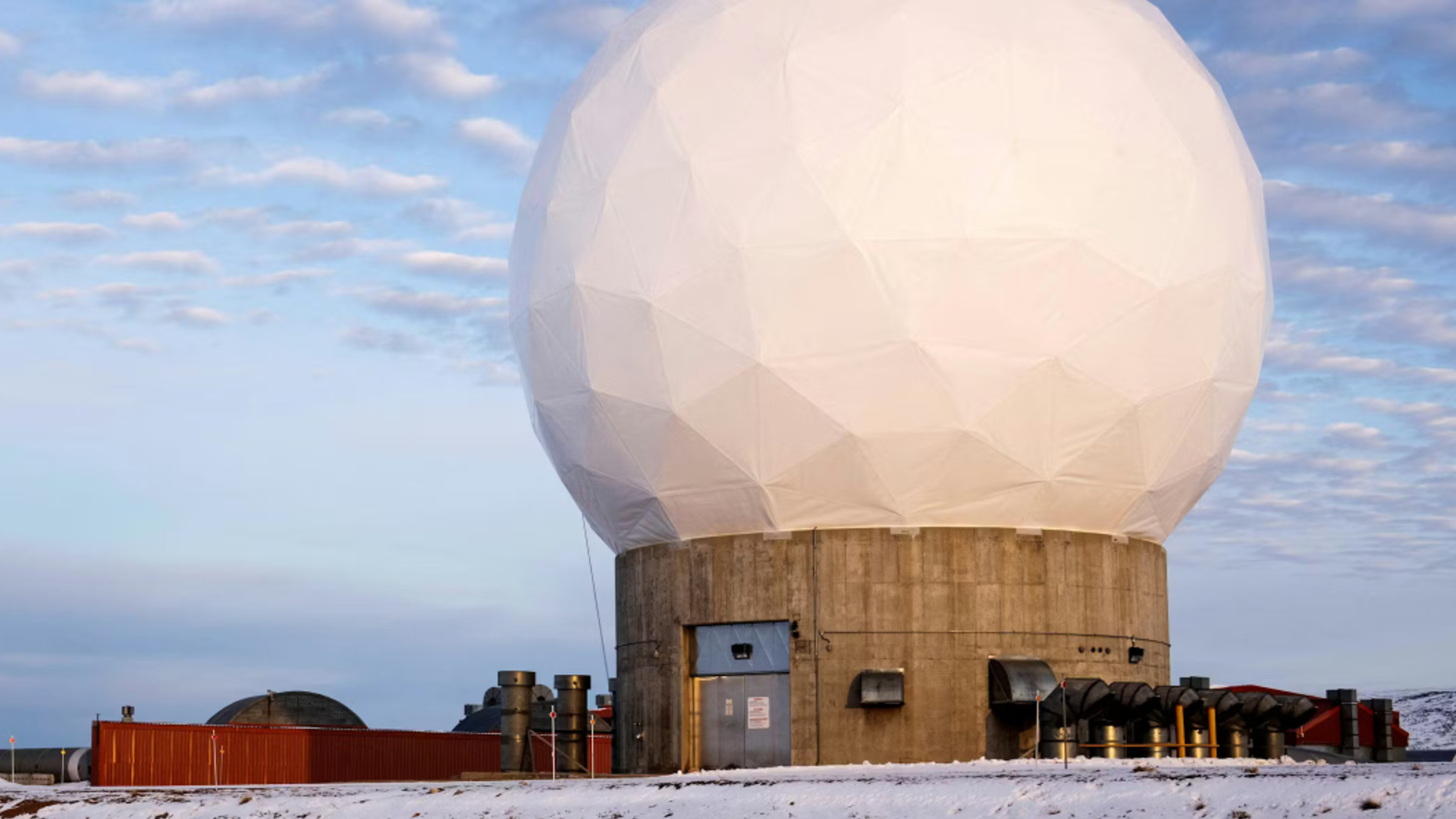Cracked Pad 37 on the Mend: Delta IV on Schedule for August Launch
Breaking space news, the latest updates on rocket launches, skywatching events and more!
You are now subscribed
Your newsletter sign-up was successful
Want to add more newsletters?

Delivered daily
Daily Newsletter
Breaking space news, the latest updates on rocket launches, skywatching events and more!

Once a month
Watch This Space
Sign up to our monthly entertainment newsletter to keep up with all our coverage of the latest sci-fi and space movies, tv shows, games and books.

Once a week
Night Sky This Week
Discover this week's must-see night sky events, moon phases, and stunning astrophotos. Sign up for our skywatching newsletter and explore the universe with us!

Twice a month
Strange New Words
Space.com's Sci-Fi Reader's Club. Read a sci-fi short story every month and join a virtual community of fellow science fiction fans!
CAPE CANAVERAL - The 23rd and last defense satellite of its kind is backon schedule for a mid-August launch, after damage to pad 37 delayed the launch.
Carried to a 23,000-mile orbit on a Delta IV Heavy rocket,DSP-23 will be the last of a series of spacecraft first launched in 1970. TheDSP satellites help detect missile or spacecraft launches and nuclearexplosions using sensors that record infrared emissions from these intensesources of heat.
During Desert Storm, the satellite system marked thelaunches of Iraqi Scud missiles and provided warnings to civilians and militaryforces in Israel and Saudi Arabia.
The launch, originally scheduled for March, was delayed whentwo structural cracks were found in the metal launch table at pad 37.
Breaking space news, the latest updates on rocket launches, skywatching events and more!
An investigation found that a liquid oxygen leak during acountdown test exposed the launch table to super-cold temperatures, most likelycausing the cracks. The leak appeared to be from vacuum jacketed liquid oxygenpropellant lines inside the launch table, which are used to fill the boostertanks. The lines were replaced in 2006, but a cause for the leak has not beendetermined.
Repairs are on schedule, said Mike Rein, spokesman forUnited Launch Alliance.
The 5,000-pound satellite will be carried into orbit aboardULA's Delta IV Heavy, which is configured by binding three Delta IV common corerocket boosters together.
It will be only the second Delta IV Heavy to blast off fromthe Cape. The first launch was in December 2004, when the maiden flight failedto deliver its payload to the desired orbit -- missing one of the test mission'seight objectives.
Published under license from FLORIDA TODAY. Copyright © 2007 FLORIDA TODAY. No portion of thismaterial may be reproduced in any way without the written consent of FLORIDA TODAY.
Patrick passed away in 2022 after a long career as an award-winning freelance journalist and writer covering science, technology, and the U.S. space program. In 2005, Patrick went to work as a business writer and senior reporter at Florida Today in Melbourne covering technology companies and space science, expanding his skills to include videography. As a metro editor at the paper, he instructed reporters to file stories from out in field using wireless tech. His work appeared at Space.com and numerous other online sites and publications.
